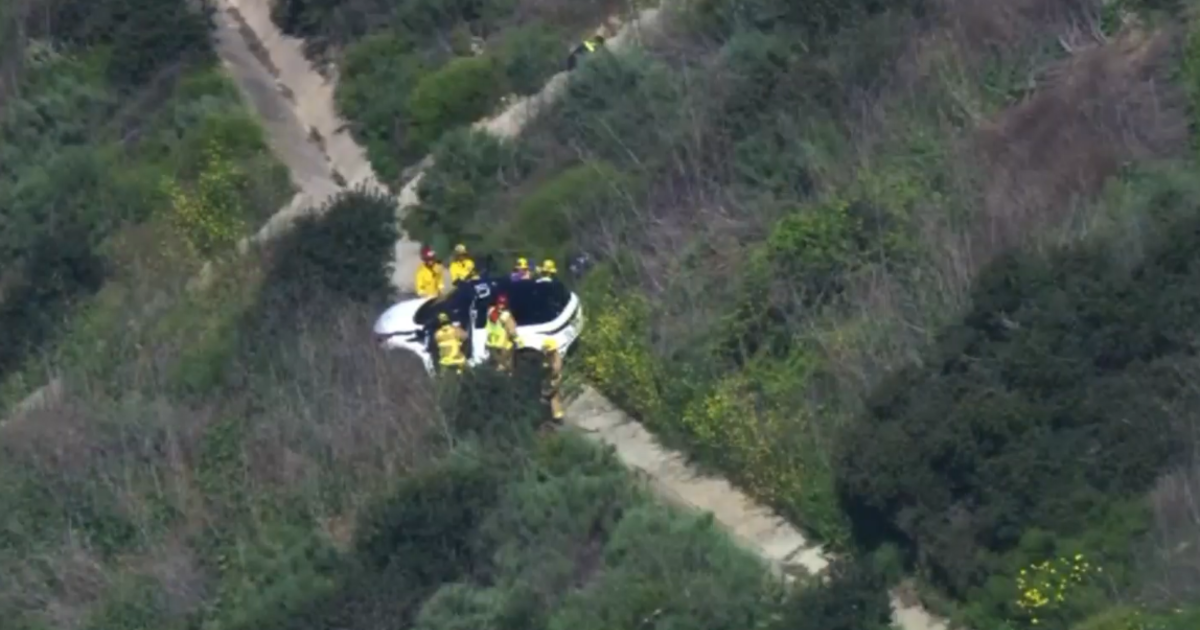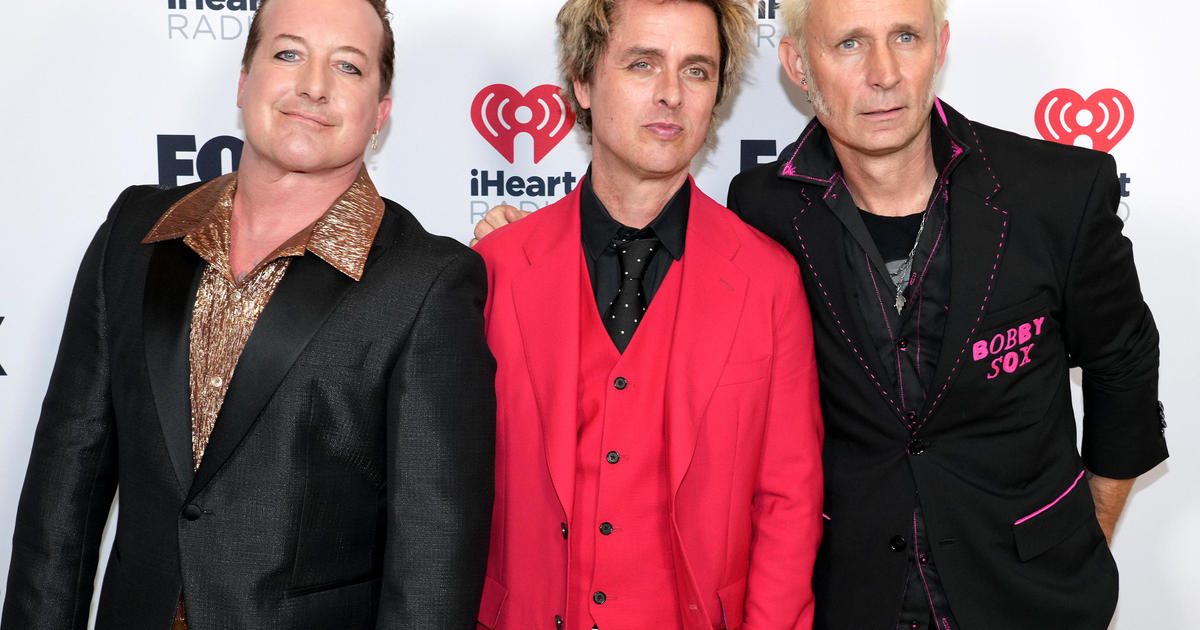If Gas Goes Up $1, What Does It Mean For Auto Sales?

When gas prices go up, what happens to auto sales? You might have a few hunches -- and a couple may be correct -- but according to Experian Automotive, you'd likely find some surprises, too.
Experian looked at gas prices over the last five years, paying attention to the way that fuel-price fluctuations affected auto sales. It probably won't come as much of a shock that as fuel prices increased, sales of full-size pickups decreased. On average, a $1 rise in fuel prices caused trucks to lose about 0.5% in market share.
Nor should it be surprising that small cars gained traction in such scenarios. The same $1 jump at the pump caused sales of small cars to increase by roughly 0.7%. As Experian explains, if we assume 1,000,000 new-car sales per month (which is slightly lower than the present rate, but work with us), that would mean an additional 7,000 small cars sold every 30 days.
That doesn't sound like a lot. And in fact, the figures are even less impressive if you look the effect on individual dealers. Since there are around 18,000 new-car dealerships in the U.S., a $1 rise in gas prices results in each dealership selling one additional small car about every three months.
And if you think that the hybrid and electric-car markets benefit from spikes in gas prices, think again. According to Experian's data, a $1 increase in fuel prices typically cause sales of hybrid cars to increase by just 0.2%. Electric cars? A mere 0.1%.
Perhaps weirdest of all, sales of hybrid pickup trucks actually fall by 0.1% in the wake of increasing gas prices.
Our take
What Experian's data seems to say is that the cost of fuel doesn't have much of an impact on the type of vehicle that shoppers buy. If you like crossovers, for example, you're likely to stick with a crossover, even as fuel prices climb. You may be more interested in fuel-efficient crossovers than you once were (though not necessarily hybrids), but you'll probably continue to buy crossovers until your lifestyle needs change.
Similarly, this would seem to imply that no amount of price hikes will increase the rate at which consumers switch to hybrids and electric cars. If encouraging them to do so is a goal of the auto industry, the government, or some other authority, Experian's data suggests that it's going to take something other than gas taxes to get the ball rolling.
That said, what Experian's data may not account for is consumers' awareness of the cyclical nature of gas prices. We all know that prices tend to spike in the spring, as refineries switch production to the more expensive summer blend. We also know that prices tend to fall in September and October, with the return of cheaper, winter-blend gas. If we expect these fluctuations and feel comfortable with them, they're not likely to have a huge effect on our shopping habits.
But what if gas prices soared high and stayed there -- either because of shortages or because of artificial means like a gas tax? What if the average price for a gallon of regular unleaded hit $5 -- often described as the "magic number" that would make customers change their shopping habits?
That's not idle speculation. Numerous elected officials, and even some in the auto industry, have suggested that a higher gas tax would encourage consumers to buy more fuel-efficient vehicles and also generate more funds for highway maintenance. And since the federal gas tax hasn't been raised in 20 years, it seems like a distinct possibility.
What would it take for you to downsize your ride or switch to a hybrid or electric car? Share your thoughts in the comments below.
____________________________
This article originally appeared at The Car Connection.



